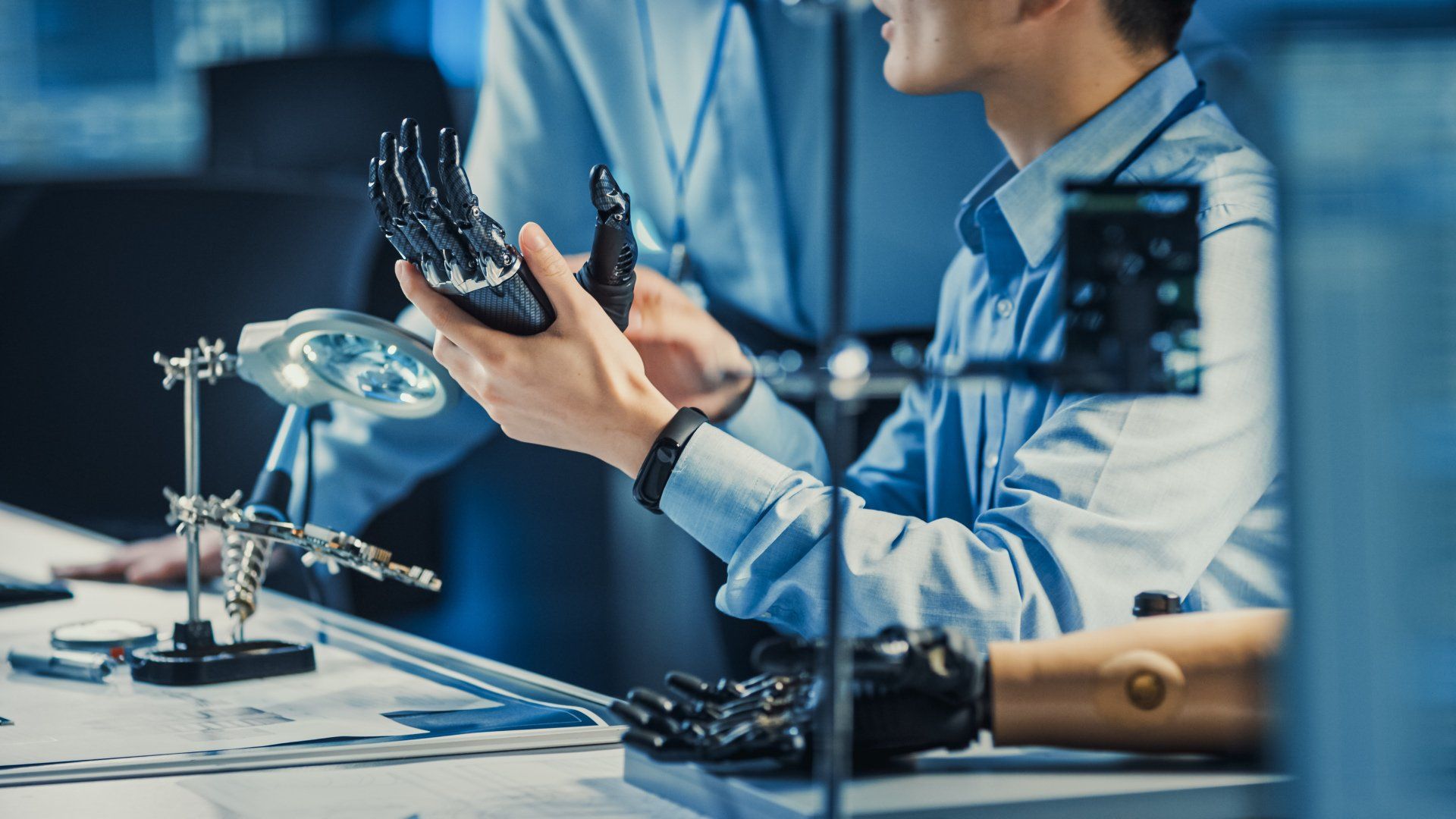5 Medical Device Careers to Consider in 2021

Apr 21, 2021
Thinking about a career in med tech? Or looking for your next step? There has never been a better time to jump in.
As an industry, the world of medical devices is built around improving lives and having a positive impact on public health; from research and development to implementing new technology and bringing devices to market, it covers a wide range of disciplines and specialisms.
If you’re considering a career in the med device industry, now is a great time to start researching and building those skills that could help you stand out from the crowd. If you’re already started on your career path, a booming medical technology sector across Europe means that there are plenty of new opportunities to learn and grow.
Here are five of the top opportunities which could inspire your career progression and applications in 2021.
1. Medical Device Sales Rep
For every piece of medical equipment which is designed and brought to life, a whole team is needed to drive sales and ensure that the equipment is picked up and used across the industry. This can lead to opportunities to work abroad as well as locally, and you’ll need knowledge of both the company’s services and products as well as a client’s needs and challenges. The best sales reps are those who are solutions-driven, people-focused, and able to work well under pressure.
2. Quality Assurance Specialist
Quality Assurance professionals are working in every corner of life sciences. They are the people who ensure that every box is intact, that every device is working, and every factory and manufacturing plant is operating under the correct safety and industry regulations. If you have a great eye for details and want to play a part in consumer and patient safety, this could be the role for you.
3. Medical Device Engineer
If you’re someone who loves solving life-changing problems and answering tough questions, you could be a great fit for a medical engineering career. Medical engineers usually start out with a biomedical engineering degree or higher education qualification before moving into a role with a pharmaceutical or healthcare company. Medical device engineers could go on to specialise in research, software, orthopaedics, imaging or a whole range of exciting areas.
4.Validation Specialist
Validation technicians or specialists are focused on testing systems and machinery to ensure that every device is working and delivering the exact same experience to users across the board. It is a crucial part of the manufacturing process and includes checking that testing apparatus is working thoroughly so that it is equipped to test the medical devices safely and effectively. Most validation specialists have an undergraduate degree in science or engineering, and many have a masters-level qualification.
5. Manufacturing Specialist
Bringing the devices themselves to life requires experience in handling machinery, developing, and understanding standard operating procedures, production and packaging, and final testing of the devices. It is an end-to-end process with multiple touchpoints and a whole host of specialisms to choose from. If you’re a logical thinker who likes to be hands-on, this could be the right career path for you.
What does your dream career in the medical device sector look like?
Take a look at our recent Life Sciences Spotlight: The Future of the Medical Device Industry in Europe to find out about the trends that are shaping the industry or explore our latest scientific vacancies.







